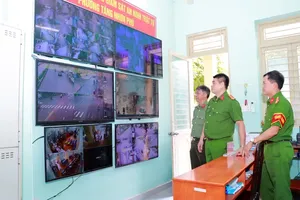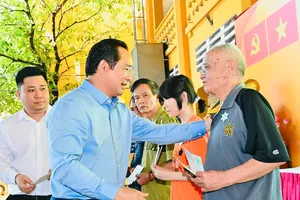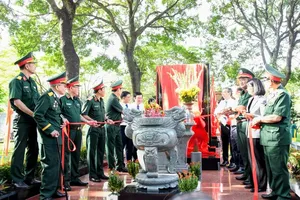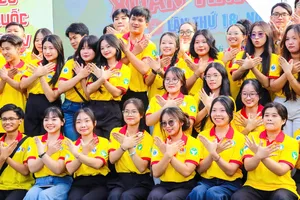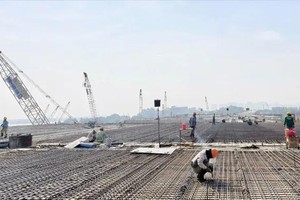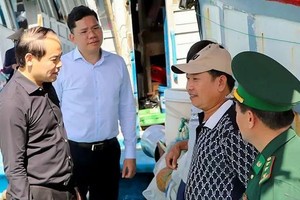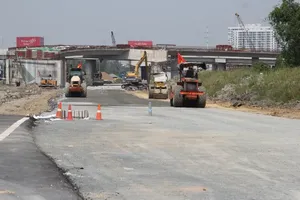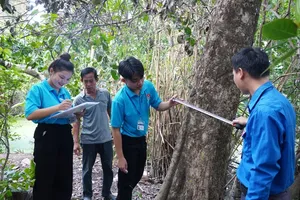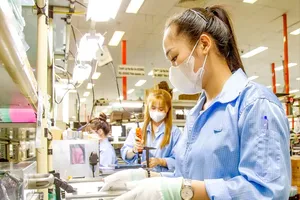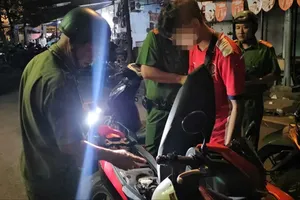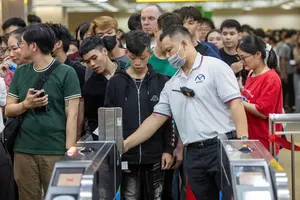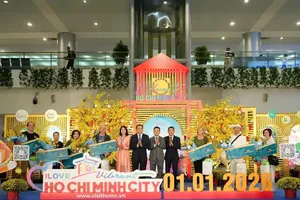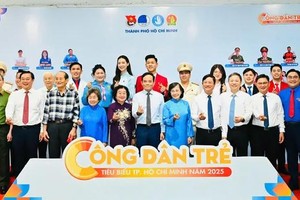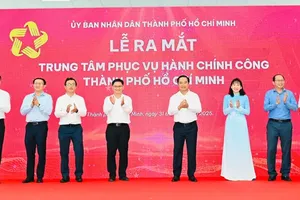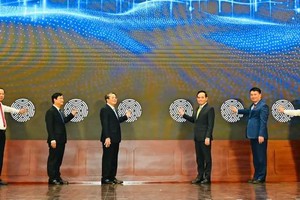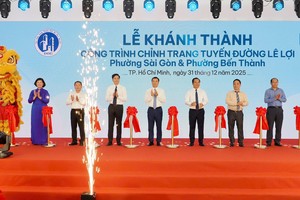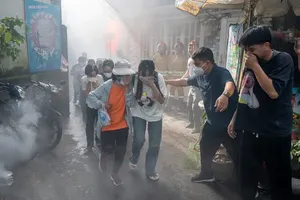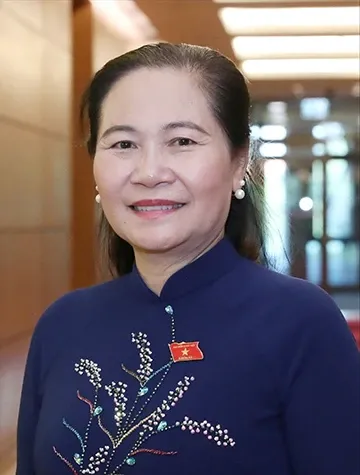
Chairwoman Nguyen Thi Le first stressed the vital role of this draft resolution of the National Assembly (NA) on the sustainable developments of HCMC and the whole Southeast region in the future. As a special-status city and the nation’s largest economic hub, HCMC urgently needs a modern urban rail system (metro) to address traffic congestion, mitigate environmental pollution, and drive socio-economic progress.
Metro Line 1’s long-awaited launch has proven successful, exceeding ridership projections and significantly easing traffic congestion in eastern HCMC. This positive reception demonstrates the public’s readiness to adopt well-planned, convenient, and timely public transportation. The line’s success underscores the urgent need for similar investment across the city. However, the construction of subsequent metro lines has been hampered by a lack of appropriate mechanisms and funding.
Metro Line 2 (Ben Thanh - Tham Luong), a crucial artery for reducing traffic congestion in the northern and western parts of the city, faces significant hurdles. Despite site clearance completion, a robust mechanism for rapid investment and construction remains absent. This lack of progress, coupled with resource constraints, has stalled development of other planned metro lines, threatening to keep the city’s broader metro ambitions as mere concepts on paper. Without transformative solutions, HCMC risks failing to modernize its urban transport system effectively.
The Chairwoman then listed the lessons learnt from the construction of the first metro line in HCMC, which has been in official operation since December 22, 2024. The most significant one learned from Metro Line 1 for subsequent lines, including Metro Line 2, is the proactive securing of capital. Financial autonomy translates to substantial cost savings and, critically, allows for early mastery of the technology. Consequently, HCMC has proposed to the central Government a shift in Metro Line 2’s investment model from ODA loans to public investment.
As to the effectiveness of the mechanisms existing in the above draft resolution, Chairwoman Nguyen Thi Le shared that they do include truly transformative features. Specifically, it authorizes HCMC to flexibly mobilize capital, including issuing municipal bonds; leveraging land along metro lines; establishing a Metro Development Fund; and permitting direct contracting in specific instances to expedite implementation.
The draft also proposes streamlining investment approval procedures, delegating authority to HCMC and Hanoi for metro project investment decisions and piloting special investment procedure mechanisms, which empowers HCMC to proactively attract and implement urban rail projects.
If approved by the NA, these proposed mechanisms will represent a major step forward, providing HCMC with greater authority and financial instruments to accelerate metro system development. The city will also formulate concrete measures to implement these mechanisms immediately upon approval, demonstrating a firm commitment to the most effective development of urban rail.

In response to the concern about possible negatives when the draft resolution grants local governments the authority to determine contractor and investor selection methods, the Chairwoman stated that direct contracting is necessary to expedite progress.
While direct contracting can raise concerns about potential irregularities, robust mechanisms ensuring transparency and accountability are essential. For example, direct contracting processes could be made transparent by publicly disclosing the list of designated contractors and the rationale for their selection on official platforms for public scrutiny, ensuring that only contractors with adequate financial capacity, experience, technology, and a commitment to timely delivery are designated. Contracts and project progress should be publicly disclosed to prevent cost overruns or unwarranted delays.
Direct contracting (if permitted) will be subject to stringent conditions, criteria, and procedures to ensure the selection of appropriate contractors. The HCMC People's Council will enhance oversight, collaborating with the State Audit and relevant agencies to guarantee objective direct contracting and prevent any irregularities. Individuals or entities found to be engaging in profiteering will be prosecuted according to law.
Finally, answering the question about the methods to maintain sufficient finance of VND3,000 trillion ($118.12 billion) for the whole project to construct HCMC’s Metro Line No.2, the Chairwoman shared that given that urban railways benefit a wider region, central budget support is warranted. Upon resolution approval, HCMC leaders will develop a concrete plan and roadmap with clear milestones for seven metro lines (355km) by 2035.
Funding options include a HCMC Metro Development Fund (with central, local, and private participation), leveraging real estate value along metro lines under such model as TOD (Transit-Oriented Development), public-private partnerships, municipal bonds, and revenue from operational lines.
